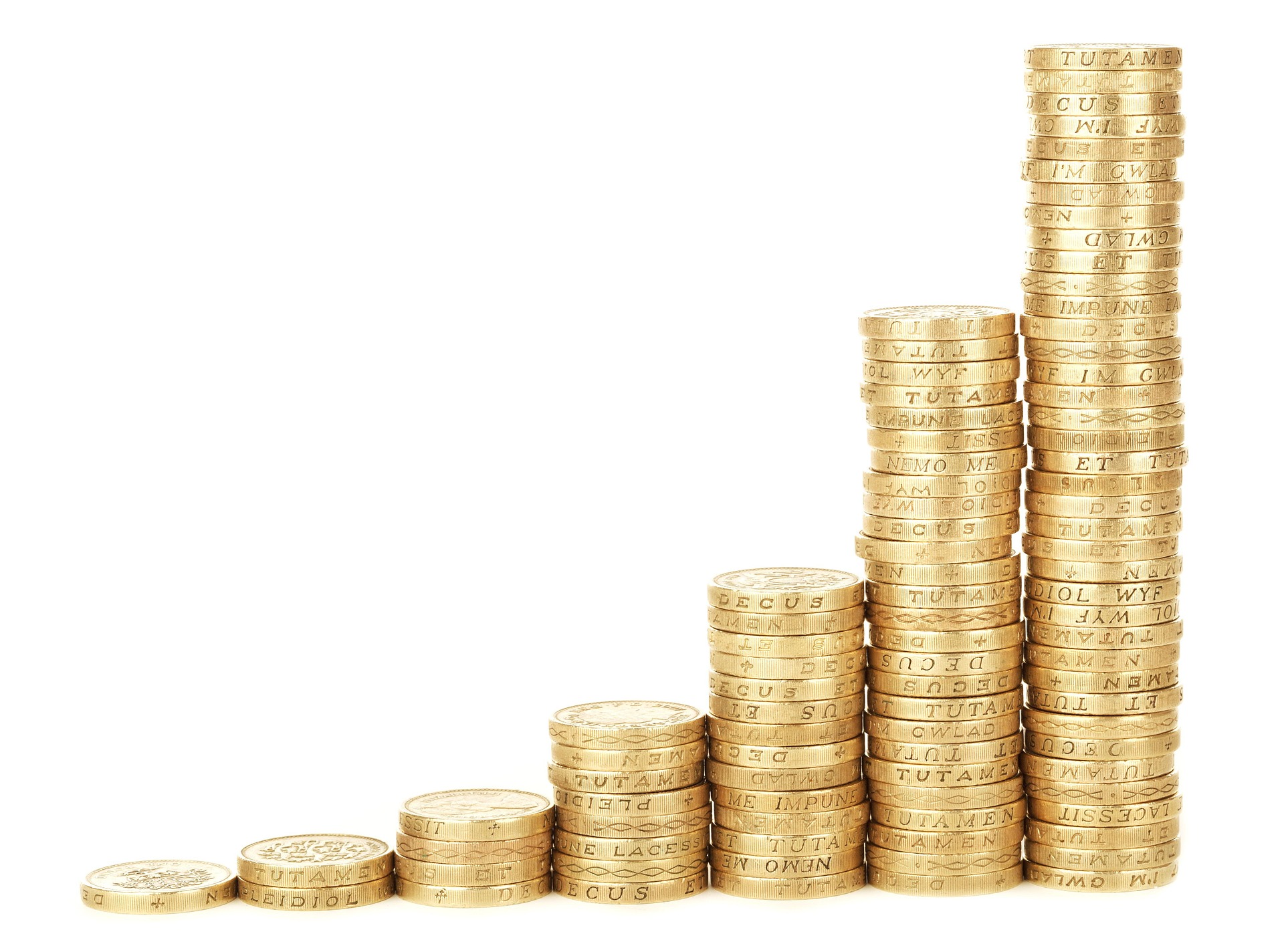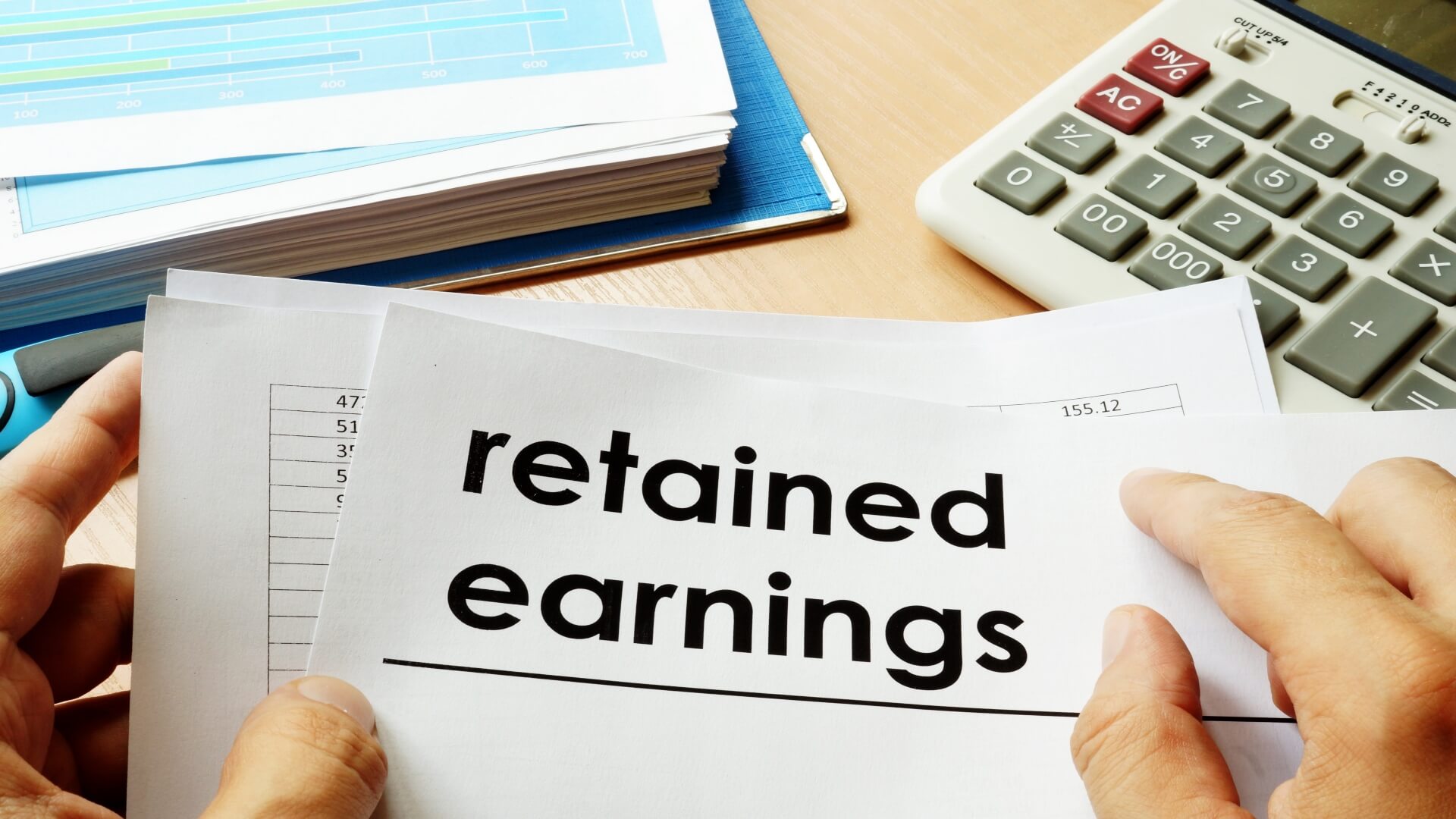Tax is a fundamental and inescapable part of life. It’s crucial in the big picture of society because it helps to pay for essential systems and processes such as healthcare, emergency services, infrastructure and much more.
The average citizen in the UK is well acquainted with paying income tax and contributing to National Insurance from their payslip, but many are less familiar with the legislation around the tax on your personal savings and investments.
Fortunately, if you’re a complete beginner, the below guide will walk you through the fundamentals that should help you to boost your knowledge in this fairly technical area.
What is being taxed?
First of all, it’s important to understand that tax on savings and investments isn’t actually directly related to the amount you have saved or invested, but the amount of interest and income you receive from those amounts. This is a common mistake that people make because the wording can be a little confusing.
So, the interest is actually what is being taxed. Why is this? Mostly because interest is a form of income essentially and those with lots of savings can benefit from large amounts of interest over time. But for most ordinary people, the amount of interest you earn on savings won’t result in you owing tax.
What’s the Personal Savings Allowance?
Much like income brackets and tax bands, interest earned from savings follows a similar pattern.
Basic rate taxpayers (those who earn roughly between £18,000 and £50,000 per year), are allowed to earn £1,000 in interest before they need to start paying tax on the interest gained – this is what’s called their Personal Savings Allowance. Everyone has this, but the threshold depends on your overall annual income.
For people on lower incomes, this number is higher, meaning you can earn more interest without having to pay taxes. For people with higher incomes, you have to pay tax after a lower amount or even on everything if they’re above the highest income threshold.
Can you earn savings interest tax-free?
There are legal ways to earn savings interest tax-free – these are typically savings products like ISAs and some government-backed schemes.
ISA stands for Individual Savings Account and this is a financial vehicle that allows you to earn interest on savings without having to pay tax. Different providers and account types have different policies, so do your own research before signing up for one. Typically, you’ll be able to deposit a certain amount each year and all the interest gained on this figure is tax-free.



























